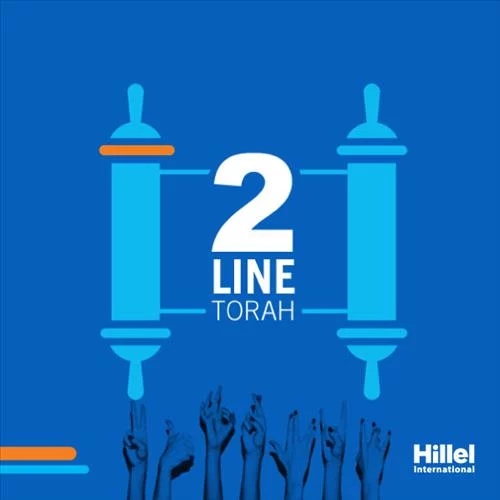Two-Line Torah: Ki Tavo 5776–Arrival

I like to begin meals around the Shabbat dinner table by asking guests, How are you arriving? The responses range from the literal (by Prius, after 45 minutes in traffic) to the emotional (drained from a week of juggling a million and one to-dos.)
The room buzzes with a shared gratitude for the effort taken to arrive together at this meal. The stories we tell of arriving, however simple, make the present come alive with meaning.
This power of storytelling resonates in the first fruits offering we hear of in Parashat Ki Tavo. With the offering we must retell a certain story. It begins, “My father was a wandering Aramean…” “(Deuteronomy 26:5-10).
These lines beg the individual who has newly found freedom and satiety, to pause and reflect on the long road to the present, including sacrifice, risk, and help received along the way.
These lines suggest that it is not enough to pay material homage to the effort it takes to reach a new place and time. We must tell the story of what it took to arrive there.
On a bustling campus, the present can often feel fraught and future-oriented. Sharing our arriving stories, whether personal or communal, as the first fruits offering models, calls us anew into abundance of the present.
Laura Rumpf is Rabbinical Student Advisor at Loyola Marymount University.